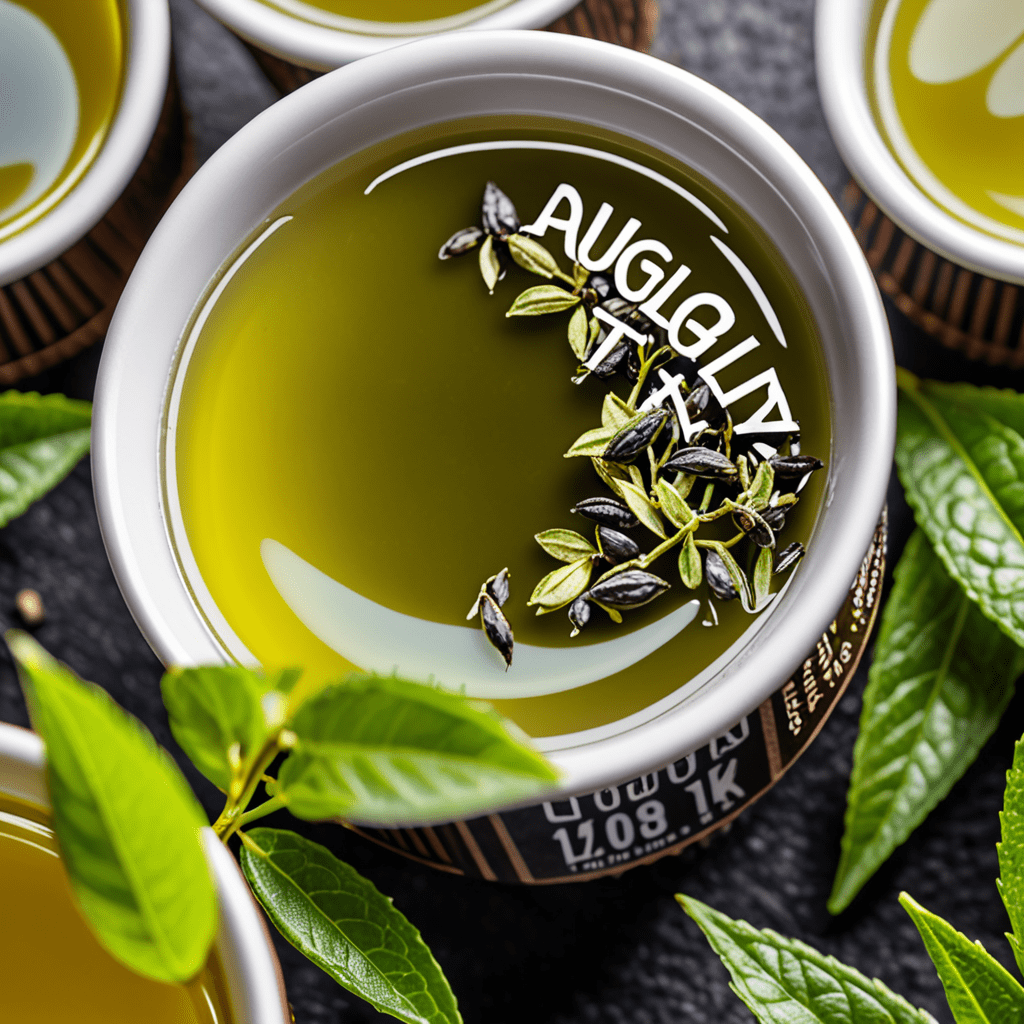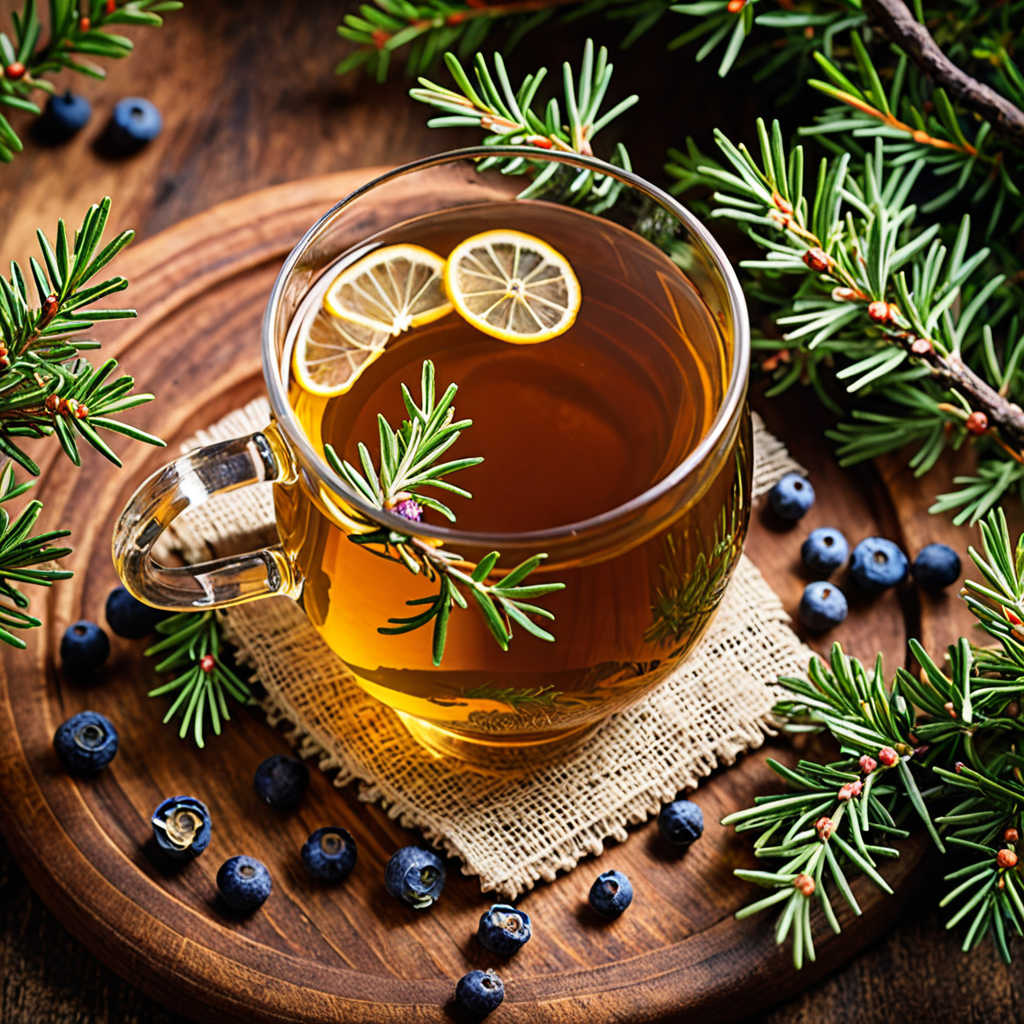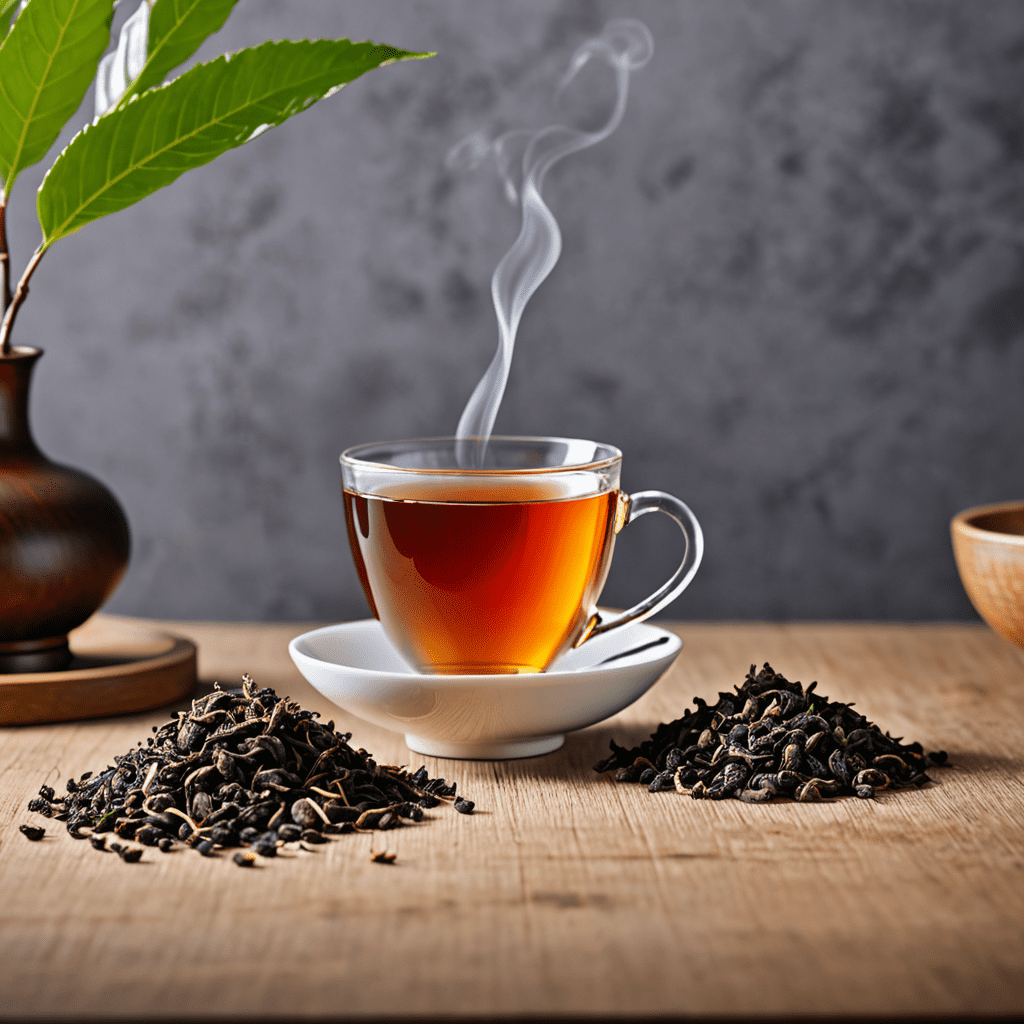1. Introduction to Ceylon Tea: A Legacy of Excellence
Nestled in the verdant hills of Sri Lanka, Ceylon tea has established a reputation as an emblem of excellence in the global tea industry. Steeped in a rich legacy that spans centuries, this aromatic beverage embodies the cultural heritage and economic prosperity of Sri Lanka. Ceylon tea has tantalized taste buds worldwide, becoming an integral part of tea-drinking rituals and a source of national pride.
2. Origins and History of Tea Cultivation in Sri Lanka
The introduction of tea to Sri Lanka, then known as Ceylon, dates back to the mid-19th century. In 1824, a batch of tea seeds from China arrived in the country, marking the inception of a thriving tea industry. The favorable climate and abundant rainfall in Sri Lanka proved to be an ideal setting for tea cultivation, paving the way for the establishment of sprawling plantations across the island.
3. The Unique Terroir of Sri Lanka: Ideal Conditions for Tea Growth
Sri Lanka's exceptional terroir plays a pivotal role in the distinctive characteristics of Ceylon tea. The country's tropical monsoon climate, coupled with varying altitudes, provides a diverse range of growing conditions. The rolling hills and lush rainforests create a microclimate that promotes optimal tea plant growth, resulting in teas with complex flavor profiles and delicate nuances.
4. The Elaborate Process of Tea Production: From Leaf to Cup
Ceylon tea production is an intricate process that requires meticulous attention to detail. After the tender tea leaves are plucked, they undergo a series of steps, each influencing the final flavor and quality of the tea. These stages include withering, rolling, oxidation, and drying, with each step carefully orchestrated to preserve the inherent characteristics of the tea.
5. The Distinctive Flavor Profiles of Ceylon Teas: A Symphony of Taste
Ceylon teas are renowned for their diverse flavor profiles, a symphony of taste that caters to a wide range of preferences. From the brisk and refreshing taste of black teas to the delicate and floral notes of green teas, each variety offers a unique sensory experience. The complex flavor profiles are attributed to the intricate interplay of terroir, cultivation practices, and meticulous processing techniques.
6. The Role of Ceylon Tea in Sri Lankan Culture and Society
Ceylon tea is deeply intertwined with the cultural fabric of Sri Lanka. It is a beverage that transcends social boundaries, enjoyed by people from all walks of life. Tea plantations have become integral to the country's landscape, contributing to its scenic beauty and serving as a source of livelihood for many. Ceylon tea is not just a commodity but a symbol of national pride, reflecting the country's rich heritage and traditions.
7. The Economic Significance of Ceylon Tea: A Major Source of Income
Ceylon tea plays a vital role in Sri Lanka's economy, being one of the country's primary foreign exchange earners. The tea industry provides employment to a significant portion of the population, directly and indirectly. The revenue generated from tea exports contributes to the nation's economic development and social welfare programs, supporting education, healthcare, and infrastructure.
8. Sustainable Tea Practices: Protecting the Environment and Ensuring Quality
Sri Lanka's tea industry places a strong emphasis on sustainable practices, ensuring the preservation of the environment and the long-term viability of tea cultivation. Many tea plantations have adopted eco-friendly measures, such as organic farming, soil conservation, and water management techniques. These practices not only protect the fragile ecosystem but also contribute to the production of high-quality teas that meet international standards.
9. Ceylon Tea: An Ambassador for Sri Lanka’s Heritage
Ceylon tea has become an ambassador for Sri Lanka's rich heritage and culture. It is a product that has gained global recognition and appreciation, representing the country's dedication to quality and excellence. The distinctive flavor and aroma of Ceylon teas have captivated tea enthusiasts worldwide, contributing to Sri Lanka's reputation as a leading tea-producing nation.
10. Conclusion: Celebrating the Cultural and Economic Significance of Ceylon Tea
Ceylon tea is a treasure that encapsulates the essence of Sri Lanka. It is a beverage that is deeply rooted in the country's culture, contributing to its economic prosperity and global recognition. The unique terroir, meticulous production process, and diverse flavor profiles set Ceylon teas apart, making them a delight for tea connoisseurs worldwide. As Sri Lanka continues to nurture its tea industry, Ceylon tea will undoubtedly remain a symbol of its heritage, a source of national pride, and a testament to the country's commitment to quality and sustainability.
FAQ
What makes Ceylon tea unique?
- Ceylon tea is renowned for its diverse flavor profiles, a symphony of taste that caters to a wide range of preferences. The complex flavor profiles are attributed to the intricate interplay of terroir, cultivation practices, and meticulous processing techniques.
What are the different types of Ceylon teas?
- Ceylon tea encompasses a wide range of varieties, including black teas, green teas, and white teas. Each type offers a distinct flavor profile, from the brisk and refreshing taste of black teas to the delicate and floral notes of green teas.
Is Ceylon tea sustainable?
- Yes, many tea plantations in Sri Lanka have adopted sustainable practices, such as organic farming, soil conservation, and water management techniques. These practices not only protect the fragile ecosystem but also contribute to the production of high-quality teas that meet international standards.
Where can I buy Ceylon tea?
- Ceylon tea is widely available in specialty tea shops, supermarkets, and online retailers. Look for reputable brands that provide detailed information about their sourcing and production practices to ensure you are purchasing genuine Ceylon tea.
How should I brew Ceylon tea?
- The ideal brewing method for Ceylon tea depends on the type of tea. Generally, black teas require water that is just off the boil, while green teas and white teas prefer water that is slightly cooler. Use fresh, filtered water and allow the tea to steep for the recommended time to extract the optimal flavor and aroma.


